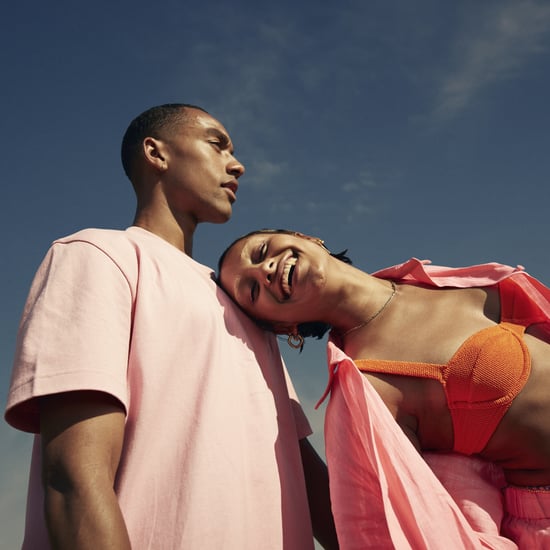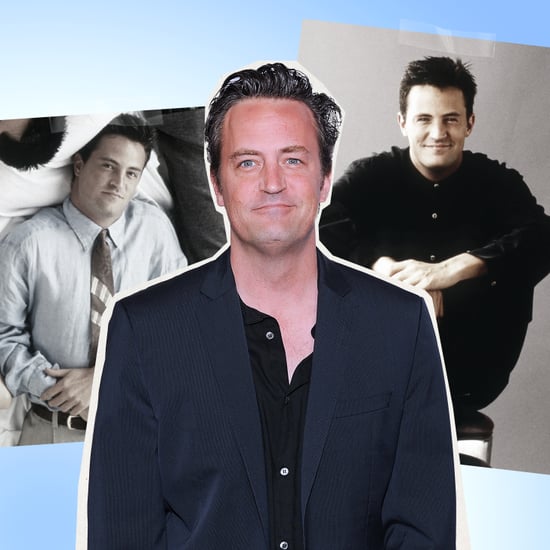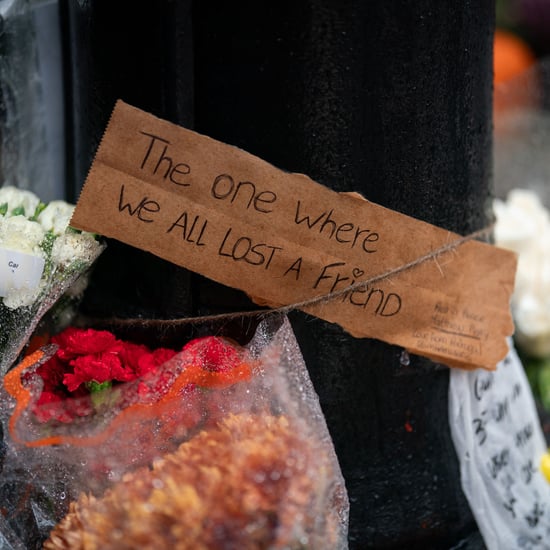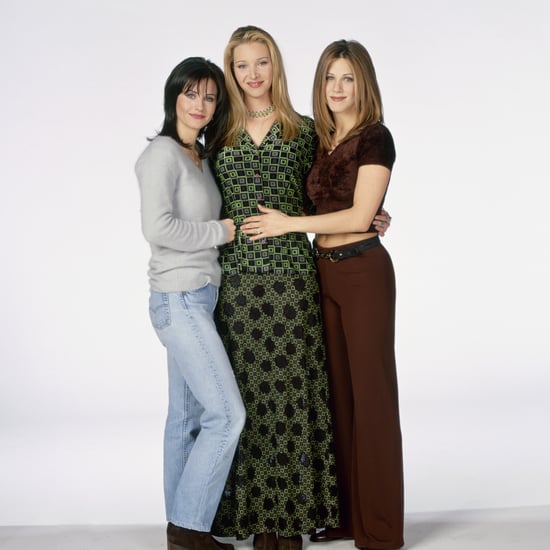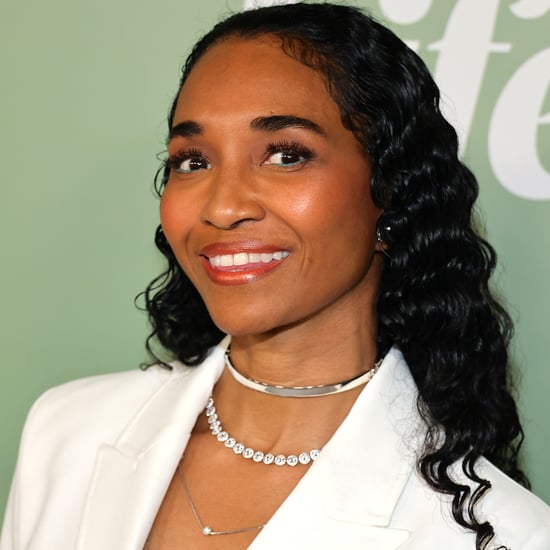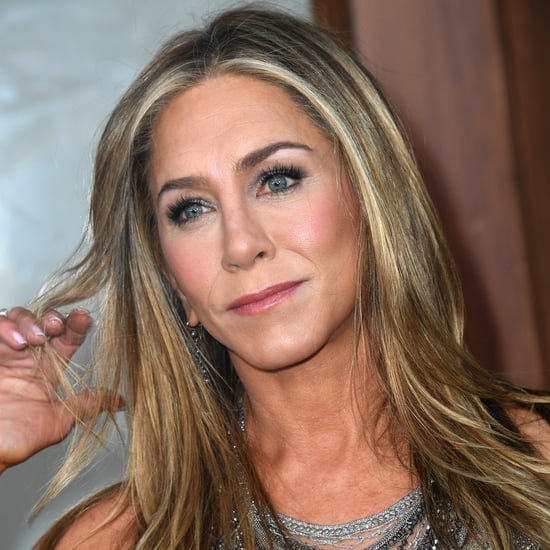As a Black Woman, I'm Not Supposed to Like Friends, but I Do
The One Where I Wasn't Supposed to Like Friends, but I Totally Do
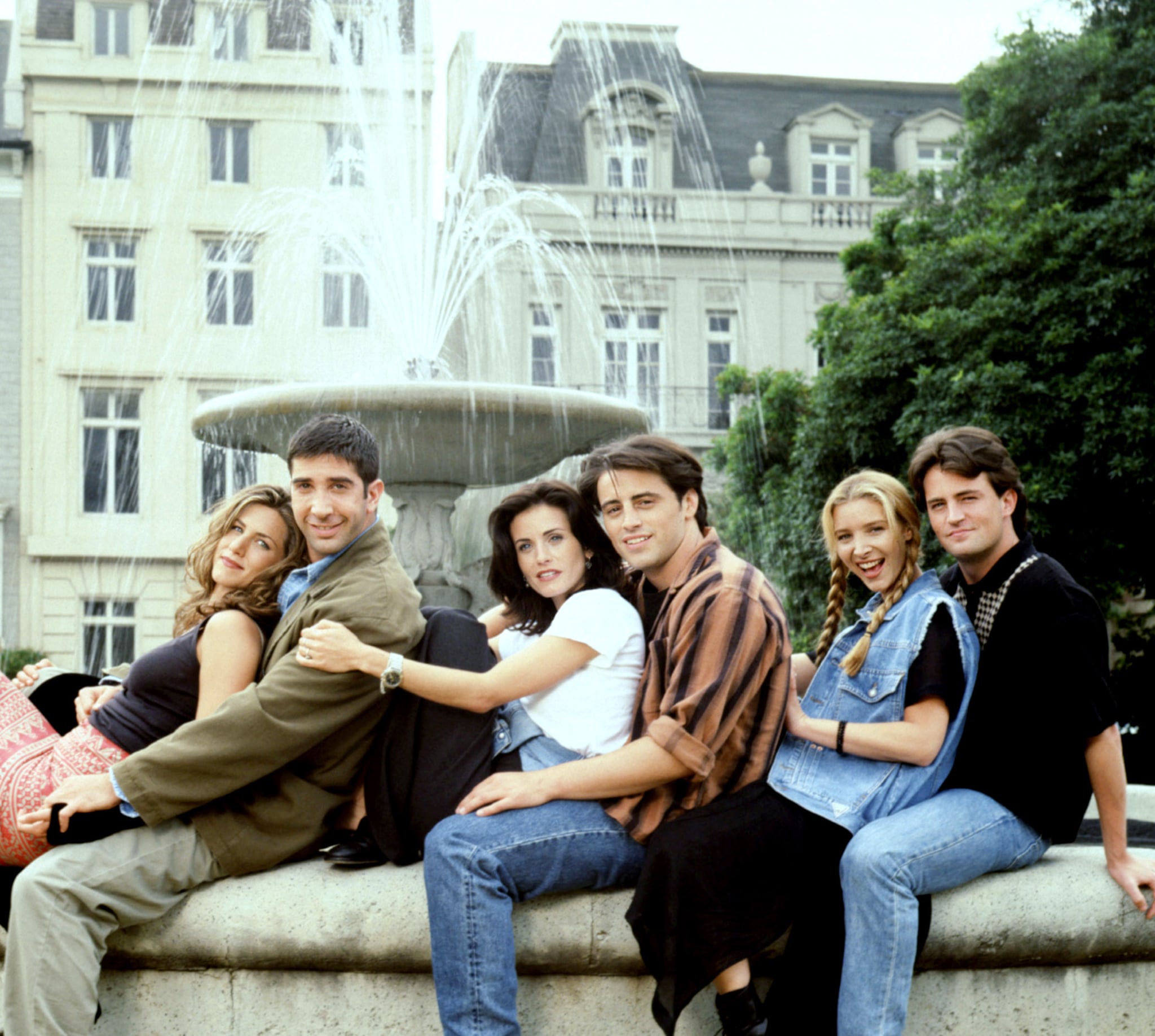 Image Source: Everett Collection
Image Source: Everett Collection
Growing up, I had an obsession with shows like Friends, Seinfeld, Girlfriends, and Sex & the City, but it wasn't until I was older that I realised three of these shows didn't cater to Black people and that I rarely saw myself reflected on the screen. It has been almost two weeks since one of the most iconic reunions in TV history — the Friends cast albeit older but back together again. I, like everyone else, counted down to the reunion with annoying but relevant Chandler Bing-ism . . . because seriously, could I be any more excited?!
My obsession with Friends is almost nauseating. I not only watch the series top to bottom several times throughout the year, but it also exists in that elite list of shows most of us have. You know the list. It's the one that drives most of our friends nuts and solicits that not so hidden "here we go again" eye-roll from our partner because they're tired of sitting through shows that you return to without fail when you can't decide what to watch. Friends became a part of my background noise as I cooked, cleaned, searched for jobs, and during the height of the pandemic, I revelled in its familiar sounds.
Friends has a major diversity issue, and with all the buzz surrounding the reunion, I couldn't help but think, I wasn't supposed to like this show as much as I do.
Last year, I watched the sitcom from beginning to end at least three times, and I am at peace with that (it could be worse, right). By revisiting the show so many times during the pandemic, my next statement should not come as a surprise: Friends has a major diversity issue, and with all the buzz surrounding the reunion, I couldn't help but think, I wasn't supposed to like this show as much as I do.
To be frank, I've counted the number of times I've seen Black people on the show and even I wondered at how callously and randomly Black characters were tacked onto episodes. They weren't given the same grace, care, or character development that Joey, Chandler, Phoebe, Rachel, Monica, and Ross experienced — they were props at a time when TV executives seemed to not understand the Black audience (FYI, they still don't) and how powerful representation could be.
So instead of fully formed Black characters, they gave us woman with big breasts, child looking at Chandler, the Mattress King delivery guy, man, the waiter, dancing girl, and the singing man. The first time I saw a Black person on the show was season 1 episode 3 with Jennifer Lewis playing the role of Monica's coworker named Paula. I thought Paula would be a reoccurring character and was happy to see a Black person so early on in the sitcom's run, but sadly, she was added to the list of one-episode wonders. In season 9, it seems the casting team had some sort of representation and diversity epiphany and cast Aisha Tyler as Charlie Wheeler. Charlie Wheeler was a beautiful, educated scientist that appeared in a record nine episodes after her first appearance.
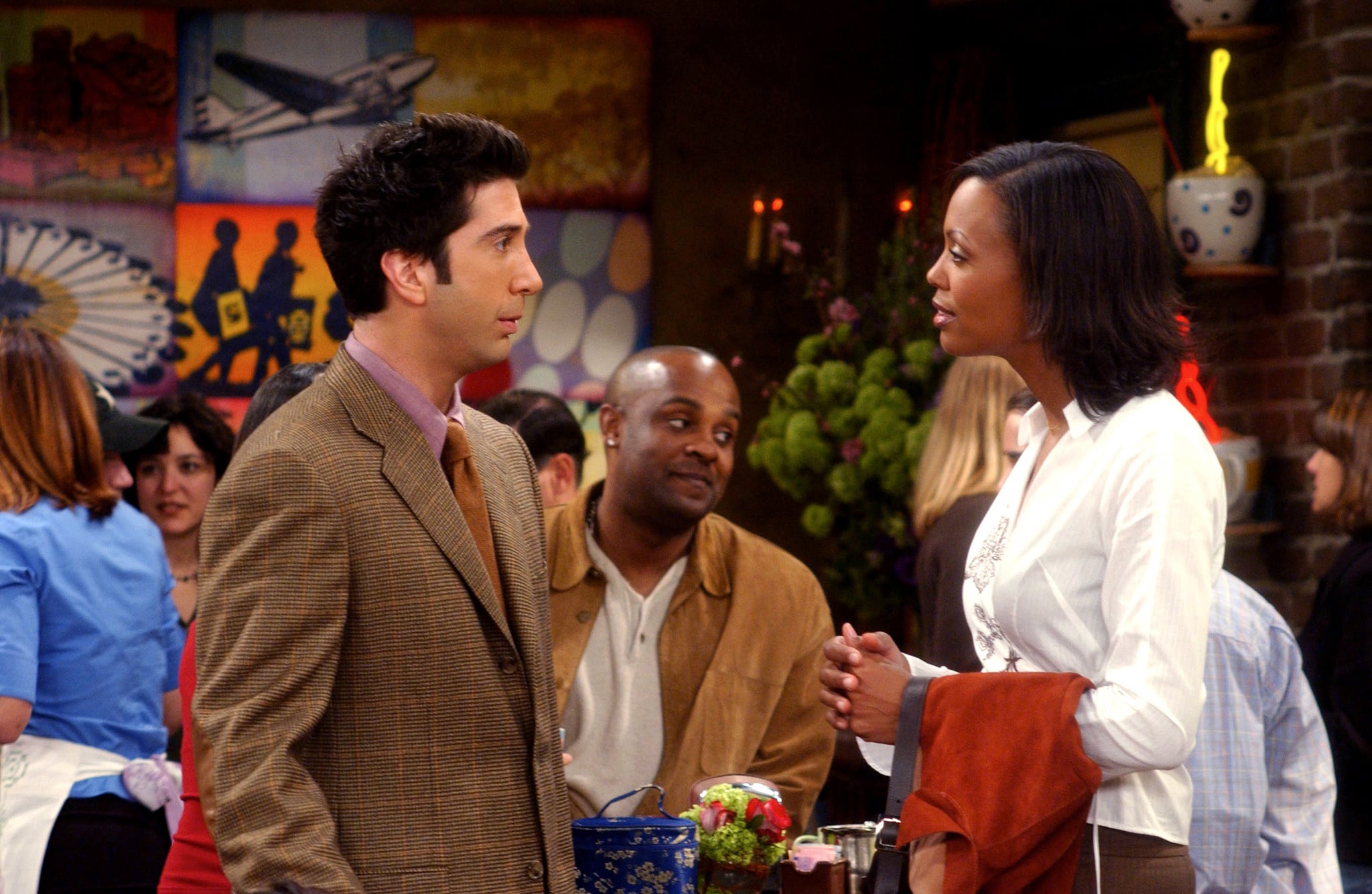 Image Source: Everett Collection
Image Source: Everett Collection
Most of the characters I mentioned had very minuscule roles, and perhaps they became an afterthought in the casting process, but it's hard to ignore the fact that there were never any Black guest stars. Friends was one of the few shows that did the guest star slot well, and over the course of its 10 seasons, it featured some of the world's most famous actors . . . just not the Black ones. In the '90s, Black Hollywood was peak perfection, so I doubt it was due to a lack of stars to choose from but simply the inability to understand why diversifying the lineup was necessary.
Friends is a white show that portrays the white experience. I don't think they knew what the Black experience was or how to even navigate that onscreen. But it would have been worth a try. Reflecting on Aisha Tyler's portrayal of Charlie Wheeler, I can clearly see now that her character was one small glimpse into Blackness, and even then, it was not real because they chose to give us the most palatable Black woman TV could offer as to not lose their main audience. Charlie didn't speak African-American Vernacular English (AAVE, also known as Ebonics), she wasn't loud, and she didn't fall into ghetto Black girl tropes; her character was written to be a specific kind of Black woman — the kind that was palatable enough to play Ross's love interest, and this was not lost on me.
I am painfully aware that I was never the intended audience for a show that leaves me crying laughing sometimes, and it's a bittersweet realisation.
I am painfully aware that I was never the intended audience for a show that leaves me crying laughing sometimes, and it's a bittersweet realisation. Friends had a responsibility at the time and could have impacted the future of TV in tremendous ways. I didn't watch because I could relate to the white experience but because Kevin Bright, Marta Kauffman, and David Crane stated numerous times that Friends was a product of different low points in their careers as 20-somethings trying to make it in New York — and I connected with that on a human level. I will never understand these characters privileged lives nor has the show impacted my own life in any way, but at the bare minimum, I understand the story of someone trying to make it somewhere in life, and that's what Friends is.
I showed up for the laughs, but that doesn't mean I didn't notice its flagrant diversity issues.
